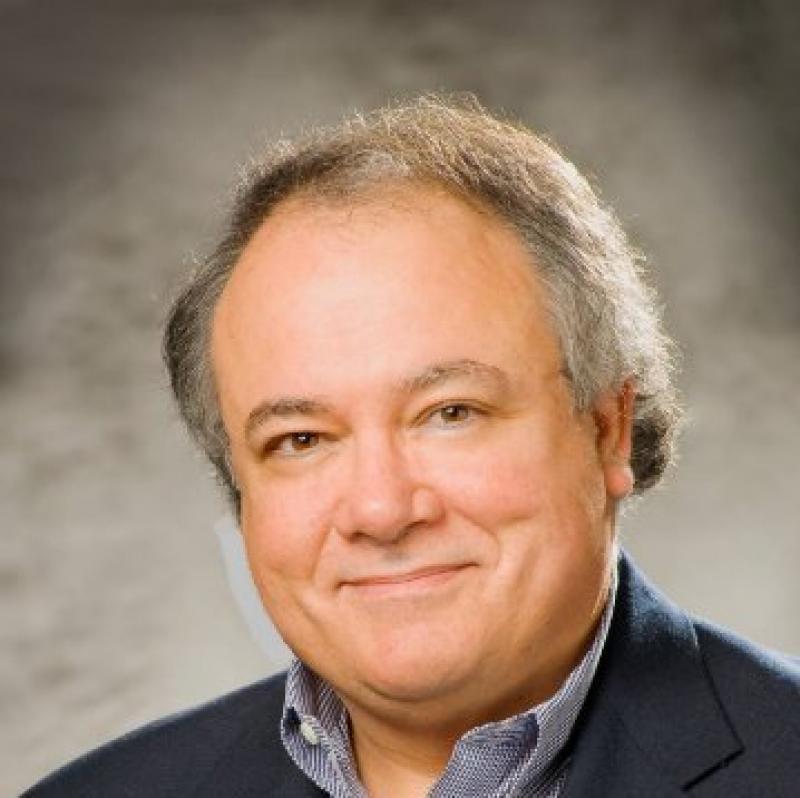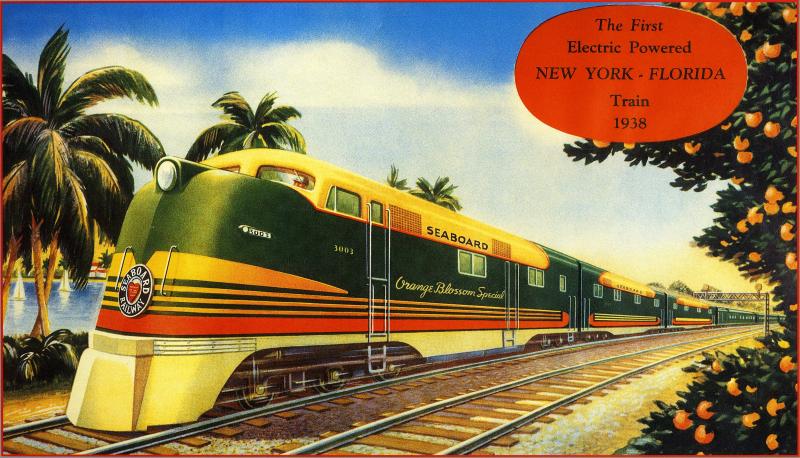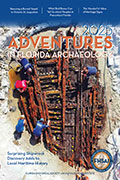From 1925 through 1953, the luxury passenger train Orange Blossom Special traveled from New York City to Miami and back.
Other Florida stops included Jacksonville, Ft. Lauderdale, and Hollywood before the train returned north via Winter Haven, Bradenton, Tampa, St. Petersburg, Orlando, Gainesville, and Tallahassee.
The Orange Blossom Special came to Florida between mid-December and mid-April. Even more famous than this luxurious train and its wealthy passengers is the song “Orange Blossom Special.”
Tradition holds that the music to the song “Orange Blossom Special” was written by renowned fiddlers Chubby Wise and Irvin T. Rouse, and that the words were written later by Rouse’s brother Gordon.
“As the story goes, both Chubby Wise and Irvin Rouse visited the Orange Blossom Special when it passed through Jacksonville on an exhibition tour in 1938,” says Randy Noles, author of the book Fiddler’s Curse: The Untold Story of Irvin T. Rouse, Chubby Wise, Johnny Cash and the Orange Blossom Special.
“It’s hard to imagine now, but this was a huge deal. This train had brand new diesel electric locomotives and Pullman cars, and it was on an exhibition tour between Washington and Miami that stopped in every city of any size along the way for people to look at it. Now we think ‘Well gee, it was just a train,’ but at the time it was like the space shuttle coming through town.”
When the Orange Blossom Special stopped in Jacksonville, schools closed so children and their families could visit the train. In the two days that the train was parked there, approximately 30,000 people came to see it.
“They were just awestruck by it because of its design and its technology and everything it represented, and Chubby and Irvin were not immune to that,” says Noles. “They visited the train when it came through on the exhibition tour, and as the story goes, they were inspired to write the song.”
Even though Irvin T. Rouse is the only name that appears on the copyright for the music portion of “Orange Blossom Special,” the story that Chubby Wise co-wrote the song has gained widespread acceptance.
Before his death in 1996, Chubby Wise repeated his claims of co-writing “Orange Blossom Special.”
“I said ‘if you can do anything with it it’s all yours.’ I remember them very words as if it was yesterday, and Irvin did something with it,” said Wise. “I didn’t have nothing to do with the words. He and his brother Gordon wrote the words on it.”
Chubby Wise is considered to be one of the greatest fiddlers in country music. At age 15, Wise started playing in Jacksonville night clubs, and joined the Jubilee Hillbillies in 1938. In 1942, he started playing at the Grand Ole Opry with Bill Monroe’s Bluegrass Boys, and recorded with many other artists over the years. In 1984, he moved back to Florida, recording and performing infrequently.
Irvin T. Rouse lived from 1917 to 1981, and is also considered to be a great fiddle player. Irvin worked with his brother Gordon, traveling from Florida to New York to record and perform. Irvin suffered from mental illness and alcoholism, spending the last decades of his life playing in remote clubs near the Everglades for tips.
Irvin’s brother Gordon Rouse always maintained that Chubby Wise did not co-write “Orange Blossom Special.”
“It’s very easy to say you done something that you didn’t do,” said Rouse. “You tell people you did it and people don’t know if you did it or not.”
During research for his book Fiddler’s Curse, Randy Noles concluded that the story of Chubby Wise co-writing “Orange Blossom Special” is false.
“It’s the story that made it into the history books and that Chubby propagated repeatedly over the years. It turns out not to have been true, because the song had been written and copyrighted prior to the exhibition tour to Jacksonville, so it couldn’t possibly have happened the way Chubby described.”
What is indisputably true is that Chubby Wise’s outstanding fiddle playing helped to popularize the song “Orange Blossom Special” around the world. It is a standard of the country music repertoire, and has been played and recorded by rock bands and symphony orchestras.









